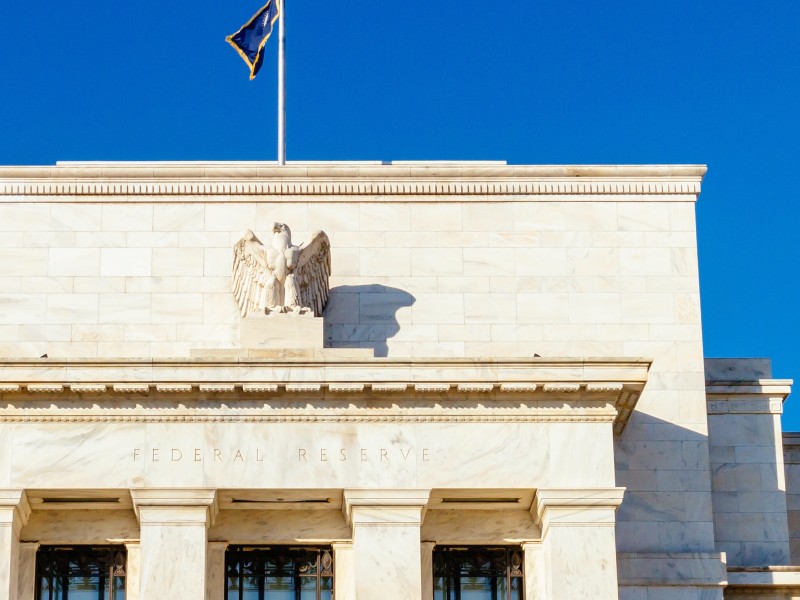
The days of monetary policy as the most effective tool for stimulating the economy are over, as central banks around the world are increasingly limited in the measures they can implement, according to AllianceBernstein’s chief global economist.
“The ability for central banks to do more is constrained, particularly in . . . Europe and Japan,” where banks have set incredibly low or negative interest rates, said Darren Williams during the asset management company’s 2020 outlook in Toronto on Wednesday. “Maybe here in Canada or in the U.S. there’s some potential for monetary policy to help out, but in [other parts] of the world, monetary policy is done.”
Even if monetary policy isn’t on its last legs, it’s worth asking what central banks intend to achieve with their measures, he said. In Europe, for example, there’s “considerable concern” for how long-term negative interest rates will impact the financial system, insurance industry and pension plans.
Continuing to lower interest rates, added Williams, will begin to have adverse side-effects, such as what he called a debt trap. “The main thing you do by lowering interest rates is to encourage people to take on more debt and to spend. So as the debt level goes progressively higher, the interest rate required to finance the debt becomes progressively lower.”
However, the flip side is that historically low interest rates have made it easier for governments to service their own debt, allowing them more flexibility to implement fiscal policy, which Williams said he expects to become the de facto policy instrument of choice.
“Fiscal policy needs to become the main demand-management tool, the main means of influencing the economy.”
Despite the fact that many countries have the fiscal space — created by their central banks’ monetary policies — very few governments are willing to use it, with the exception of China.
But that may be starting to change. Williams said he sees some encouraging signs from Europe, specifically Germany, and expects the U.K. will start to use fiscal policy more aggressively in the next few years.
“I think there’s a gradual acceptance of fiscal policy and [it] needs to play a far more important role in terms of supporting demand growth, but we’re only really at the beginning of the journey.”
Williams also said he expects to see governments move to policies such as monetization, helicopter money and modern monetary theory — a macroeconomic theory that the government should create new money to fund government purchases.
Those policies could lead to materially higher inflation, he said, but “I don’t think we’re anywhere near that yet.”
